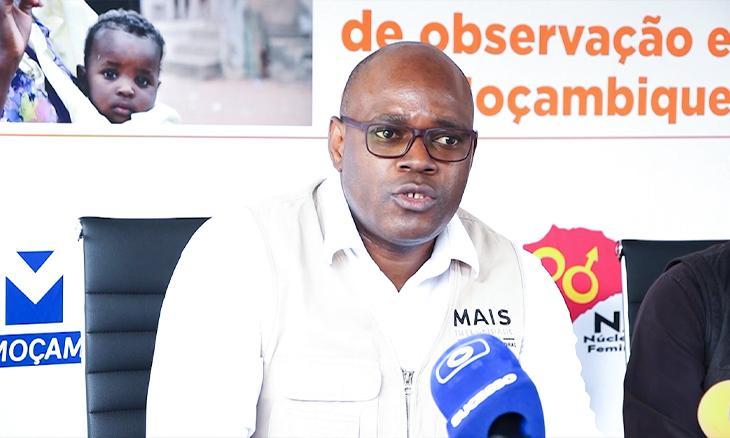Africa-Press – Mozambique. Over the past two weeks, the campaign ahead of the Mozambican general elections scheduled for 9 October has remained generally calm and without significant incidents of violence, according to “Mais Integridade” (“More Integrity”), the consortium of civil society bodies observing the elections.
Nonetheless, there was a slight increase in cases of intimidation noted in the second week. 22 per cent of which concerned police interference in the campaign. In some of these incidents, the police even opened fire.
According to a “Mais Integridade” press release, in 60 per cent of the cases, the intimidation was provoked by supporters of the ruling Frelimo Party, who tried to block the campaign activities of opposition parties. In these clashes, one person died (in Sussundenga district, in the central province of Manica), and three others were injured.
In the southern city of Matola, Frelimo supporters interrupted the campaign of the Mozambique Democratic Movement (MDM), and hindered the work of the “Mais Integridade” observers. In Chokwe, in the southern province of Gaza, Frelimo militants tried to interrupt the campaigns of the main opposition party, Renamo, and of Podemos (Optimistic Party for the Development of Mozambique), which is supporting the independent presidential candidate, Venancio Mondlane, and even blockaded their offices.
In Metangula, in the northern province of Niassa, Frelimo supporters invaded a space where Renamo was trying to open its campaign. Violence was avoided thanks to police intervention.
There were what “Mais Integrity” calls “low intensity clashes” when Frelimo and Renamo motorcades crossed paths in several districts, particularly in the central province of Zambezia.
In 12 per cent of the activities observed, “Mais Integridade” noted the illicit use of public assets for electoral purposes. Frelimo was the party that benefitted most from the use of public assets – particularly state-owned vehicles, and state employees such as teachers.
The diversion of public employees to the Frelimo campaign closed down schools in some districts, and deprived citizens of access to public services, because the staff who should have served them were on the Frelimo campaign instead.
The observers found that police were present in 41 per cent of the campaign events observed. In the great majority of these cases, the behavior of the police was regarded as “normal and professional”. In six per cent, it was “insufficient, but professional”, while in two per cent, it was “excessive and intimidatory”.
In its observation of media coverage of the campaign, “Mais Integridade” found that all the television stations, private and public, carried “a coverage that was clearly favourable to Frelimo”, but that the publicly owned Radio Mozambique “tried to provide a balanced approach”.
Taking broadcasting coverage as a whole, Frelimo accounted for 29 per cent, Renamo for 17 per cent, the MDM for 16 per cent, and Podemos for six per cent.
The imbalance was considerably worse in the written media. In the daily press, Frelimo was the subject of 42 per cent of the pieces published, followed by Renamo (24 per cent), the MDM (18 per cent) and Podemos (11 per cent).
In the seven weekly papers considered, Frelimo received 38 per cent of total coverage, followed by Renamo (21 per cent), the MDM (19 per cent), and Podemos (18 per cent).
“Mais Integridade” found sharp gender differences in the campaign. 42 per cent of the events observed were led exclusively by men and only 10 per cent by women.
“Mais Integridade” has 250 observers distributed across 80 of Mozambique’s 154 districts. The consortium consists of the Episcopal Justice and Peace Commission of the Catholic Church, the Centre for Public Integrity (CIP), the Nucleus of Women’s Associations of Zambezia (Nafeza), Solidarity-Mozambique (SoldMoz), the Civil Society Learning and Training Centre (CESC), the Mozambican chapter of the regional press freedom body MISA (Media Institute of Southern Africa) and the Forum of Mozambican Associations of People with Disabilities (FAMOD).
For More News And Analysis About Mozambique Follow Africa-Press






